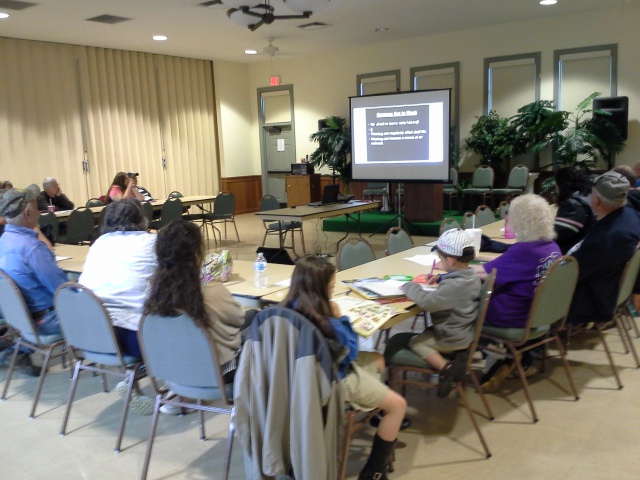Last week I along with 25 Grow Appalachia participants attended Good Agricultural Practices (GAP) training at the Harlan County Extension Depot.
The purpose of GAP is to ensure the production and handling of fresh produce in a sanitary fashion. With so many food borne illnesses and the potential liability for the farmer, it is wise to be aware of all measures that you can take to produce truly healthy food.
Kentucky’s GAP Program has three levels: (1) education, (2) self-audit, and (3) independent third-party certification. Currently Kentucky farmers are not required by any state or federal regulation to adhere to a GAP program in their production; it is entirely voluntary. This situation may change, however, when the U.S. Food and Drug Administration eventually releases specific GAP regulations.
Below are some of the principles of Kentucky’s GAP program:
Clean Soil – Deals with taking steps to minimize the introduction of harmful pathogens to your soils via. manure application, irrigation water etc…
Clean Water – Covers the potential hazards of irrigation water as well as water used in cleaning and processing.
Clean Hands – Reiterates common knowledge that all workers should have clean hands when working with fresh produce at any stage of the supply chain.
Clean Surfaces – Deals with proper cleaning of any surface that will come into contact with fresh produce.
Record keeping is another crucial aspect of any successful GAP program which helps growers establish that they have executed due diligence in the unlikely event that an outbreak is traced to their farm.
For more information see: http://www.uky.edu/Ag/CCD/introsheets/gap.pdf



Leave A Comment